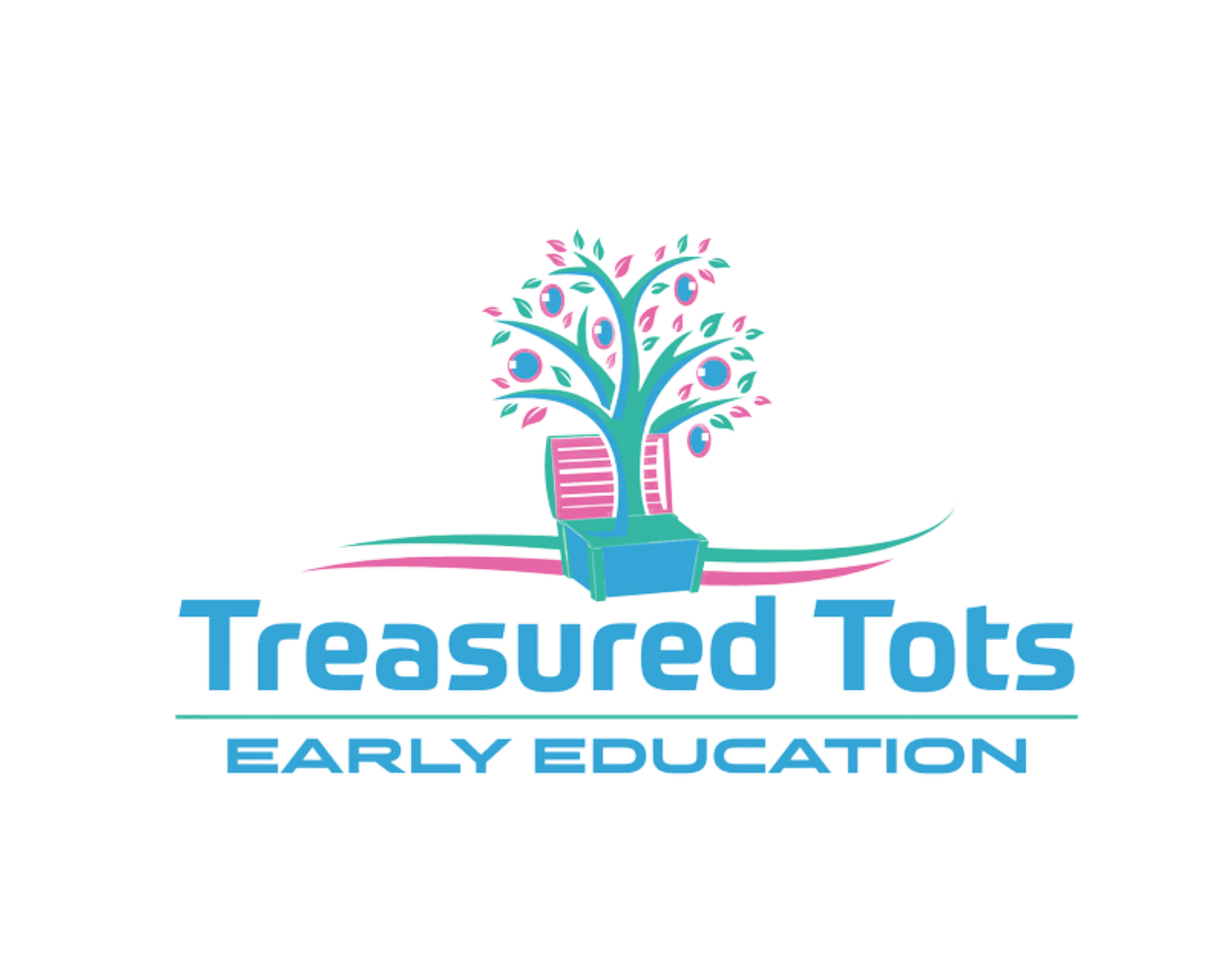Learning Is Everywhere: Applying Reggio Emilia on Weekend Adventures
One vital element of the Reggio Emilia approach is ‘the environment as the third teacher’. What this means regarding early childhood learning is that everything around us has the potential to be utilised to further a child’s education.
Let’s take weekend jaunts as an example. These can be as simple or extravagant as you like: from a picnic at the beach or a nature walk in a park, to packing up the car with an Esky, tent and other supplies and heading into the wilds for a spot of family camping. It doesn’t matter what the event or everyday action is, it’s how the experience can be elevated from simply ‘doing’, to one that’s highly educational for young minds.
Elevating the ordinary to the extraordinary
Remember those heady days when everything was exciting and new? The joy of finding a line of ants following nose-to-tail up a tree? The thrill of seeing a crab in a rockpool or games where you counted the number of white cars that passed as you walked to the shops…?
Even if you don’t physically remember, you only need look at the face of your little one to see how intense the mundane can be – because, to them, it isn’t ordinary, it’s something to be taken in and absorbed. In other words, it’s education…
Once we understand this, it becomes easier to see how and why Reggio Emilia learning really can be everywhere. As parents and caregivers, it’s really easy to incorporate this into everyday life.
Boring? Perhaps not when you see it through the eyes of a child
Let’s take shopping as an example. Remember, the Reggio approach isn’t structured – it’s about letting the child guide the learning and following whatever piques their interest. The role of the adult is to gently guide and offer opportunity, but not to actively push in any given direction. But what you can do to help structure is the approach to observe, discuss and document.
Children will often vocalise what intrigues them. “Look at that cat”, “Why is that lady doing that?”, “Why are oranges, orange?” You get the picture… It doesn’t matter whether you decide on what to look out for before you leave home or your child picks up on something as you go, whatever it is that interests them becomes the theme of the ‘adventure’. This is the observation element of the task.
As and when things are spotted, discussion kicks in. This is where the child takes the lead, letting their imagination, questioning and capacity for pure wonder guide the conversations – something that often yields surprising results. If they like, this can almost become a mini project. Maybe it’s how many pink packages they can find on the shelves of the store. Perhaps it’s the type of insects and animals they spot on the walk there and back. Or it could be helping to count the individual fruits you place in the shopping trolly.
It doesn’t matter what it is, because the learning process is all about the child looking, asking and absorbing information.
How documenting helps seal in the educational memories
The documenting part certainly doesn’t have to be dull. It could take many formats. Perhaps your child might want to draw something that particularly interested them. Maybe they collected some petals and leaves along the way and want to stick them in a scrapbook. Or perhaps your little one might like to make up a dance about the flock of birds you watched on your walk back home.
Documenting in any way, shape or form plays a critical role in helping your child’s neural connections form. Learning, memory and how the brain works is very individual, which is why it’s so important to let the child choose how they want to lock in the feelings and thoughts the experience gave them. Reggio Emilia talks about the ‘hundred languages of children’, which means the many different methods of expression. Whether your child chooses to draw, dance, sing, build, sculpt or any other of the myriad of expressive options they have, it’s all about communicating their feelings to the outside world.
At Treasured Tots, we meld this same learning approach into the entire time your child spends with us. Our talented early childhood educators are passionate about providing the right environment that supports the development journey in a joyful, fun manner. We’re also passionate about helping parents and caregivers understand how they can easily integrate Reggio into regular home life. As this article has hopefully explained, the learning potential truly is everywhere, with even household chores offering boundless opportunities.
We’d be delighted to talk to you more about the Reggio Emilia Approach and our dedicated Kindy and early years learning programmes.
Get in touch today or, even better, book a tour and come see us in action. We can’t wait to meet you…

